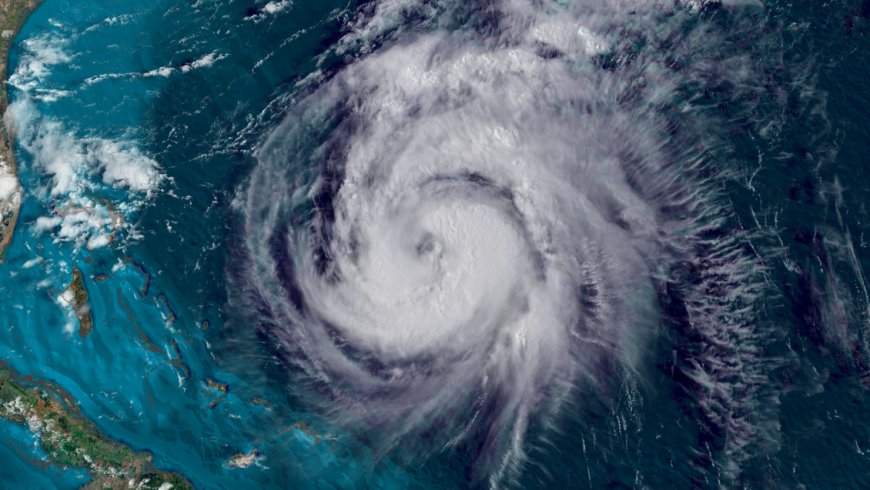NOAA Issues Early 2025 Atlantic Hurricane Season Outlook Predicting Above-Average Activity
Date of Release: Thursday, August 14, 2025
The National Oceanic and Atmospheric Administration (NOAA) released its early hurricane outlook for the 2025 Atlantic season on Thursday, August 14, 2025, forecasting an above-average level of storm activity. This projection raises concerns among coastal communities, emergency management officials, and residents throughout the Atlantic Basin as preparations for the hurricane season ramp up.
Key Predictions for the 2025 Hurricane Season
NOAA’s forecast calls for:
-
14 to 20 named storms, which is above the seasonal average of 14.
-
7 to 10 hurricanes, with an average season seeing about 7.
-
3 to 5 major hurricanes (Category 3 or higher), exceeding the average of 3.
The heightened activity is attributed to several climatic factors, including the expected absence of El Niño conditions, warmer-than-average sea surface temperatures in the tropical Atlantic, and a persistent atmospheric pattern favorable for storm development.
Factors Influencing the Above-Average Activity
Meteorologists highlight that the warmer ocean waters provide more energy for storm formation and intensification. Additionally, wind shear — the change in wind speed and direction with altitude — is predicted to be lower than usual, creating an environment more conducive to hurricane development.
Dr. Linda Martinez, a leading NOAA hurricane specialist, explained, “The combination of warm sea surface temperatures and reduced wind shear increases the likelihood of more frequent and stronger storms this season. Residents in hurricane-prone areas should remain vigilant.”
Implications for Coastal Regions
The forecasted above-average hurricane activity heightens the risk for coastal flooding, wind damage, and storm surges, particularly along the Gulf Coast, Southeastern U.S., and the Caribbean. Emergency management agencies are urging residents to review and update their hurricane preparedness plans, including evacuation routes, emergency kits, and communication strategies.
The Atlantic hurricane season officially begins on June 1 and runs through November 30, but NOAA’s early outlook serves as an important call to action well before peak activity months.
NOAA’s Ongoing Monitoring and Resources
NOAA’s National Hurricane Center (NHC) continues to monitor weather patterns and provide regular updates throughout the season. Advanced satellite technology and improved forecasting models have enhanced early warning capabilities, helping communities better prepare for storms.
For detailed and up-to-date information, residents can visit NOAA’s official hurricane page and stay informed through trusted news sources like Weather.com and AccuWeather.
Preparing for the Season Ahead
Experts emphasize the importance of preparedness amid the forecast:
-
Assemble emergency supplies including water, food, medications, and important documents.
-
Develop and rehearse evacuation plans with family members.
-
Stay informed via official channels to receive timely warnings and instructions.
Communities and local governments are also encouraged to review infrastructure resilience and emergency response plans to mitigate potential storm impacts.












